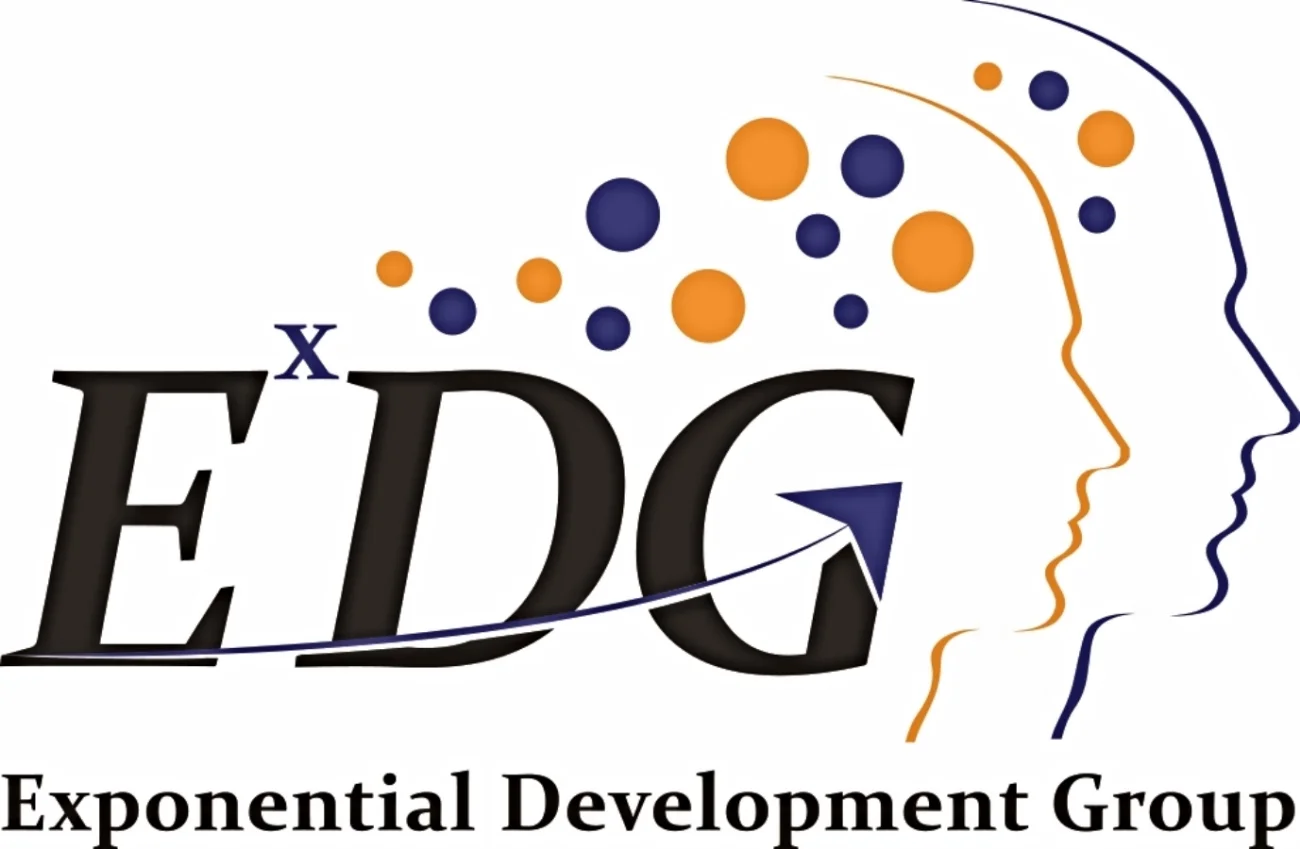Awareness
It’s true - nobody knows you like you.
That is, unless you are not paying attention to yourself. Self-awareness challenges us to pay attention to both internal and external cues to fully understand what is happening mentally, physically, emotionally, and spiritually. Internally, you might notice that your thoughts are spinning, your sleep is restless, your intuition feels ‘off’, or finding yourself overanalyzing your life decisions. Externally, you may be hypersensitive about your physical appearance, spending more time indulging in activities or substances (drinking, eating, etc.) to avoid or numb your emotions, limiting social interactions, or exhibiting “below the line” behaviors. This is especially important this time of year, when we become critical and judgmental of our new year resolutions, year-long goals, and our “New Year - New Me” proclamations that have already lost steam and traction.
Here are three emotional intelligence techniques to get your self-awareness back on track. First, take some time to revisit your values through a values exploration exercise, journaling, meditation, or reframing your new year resolutions into value commitments. Second, take control of your self-talk by asking yourself more ‘why’ questions: “Why do I feel rudderless or unsuccessful?”; “Why do I automatically turn to food when I’m sad?”; “Why am I focusing so much on the annoyances instead of the blessings in my life?” Third, seek feedback from an objective thought-partner who is not emotionally invested in your problems (like a coach or therapist). It’s likely that we cannot give ourselves good solutions when we’re stuck in the whirlwind of our own problems. Instead, choose to speak to someone who cares about you and can offer realistic perspectives and healthy alternatives (and choose wisely). Take the next step by investing in your self-awareness and paying attention to your internal and external cues.
Quote for Growth
“There’s a difference between interest and commitment. When you’re interested in doing something, you do it only when it’s convenient. When you’re committed to something, you accept no excuses; only results.”

